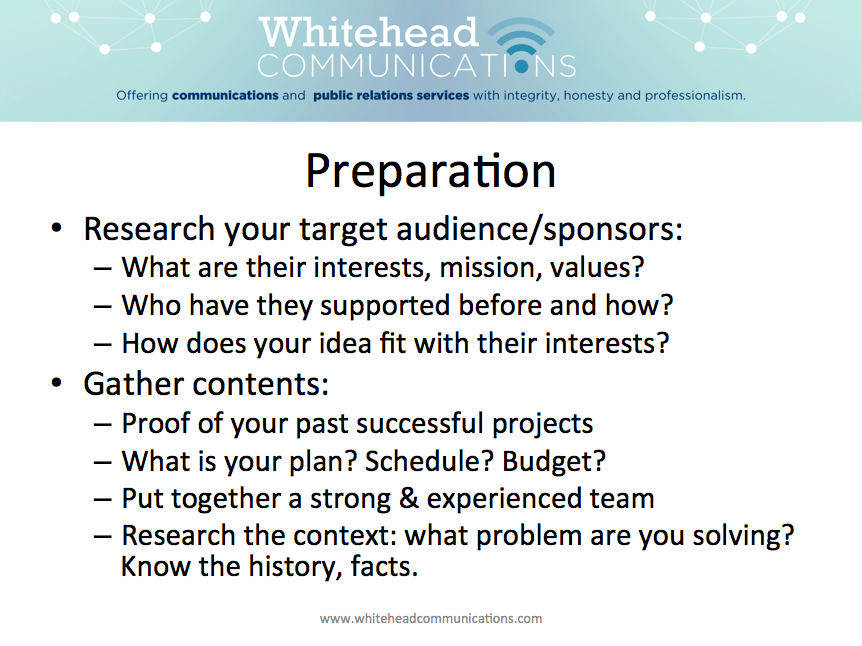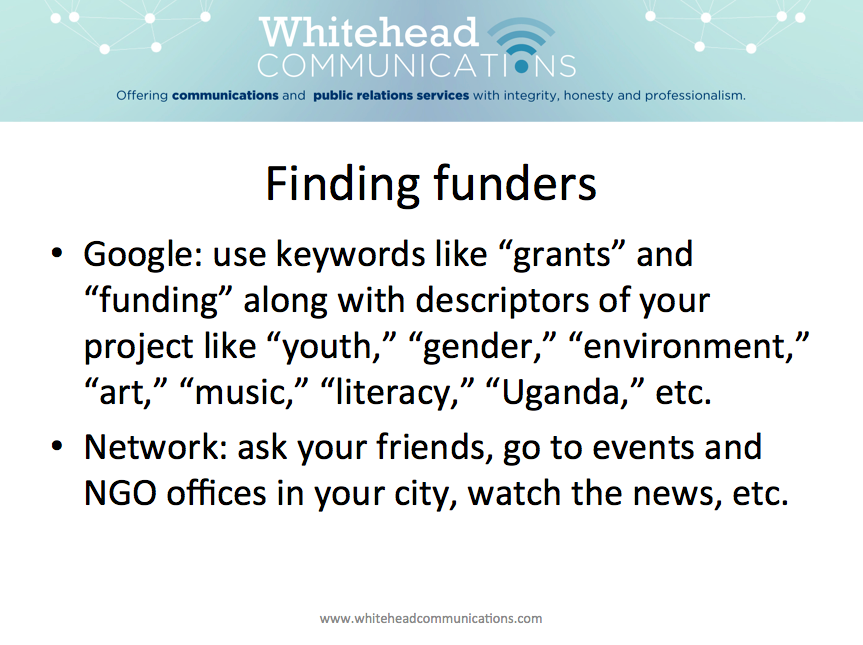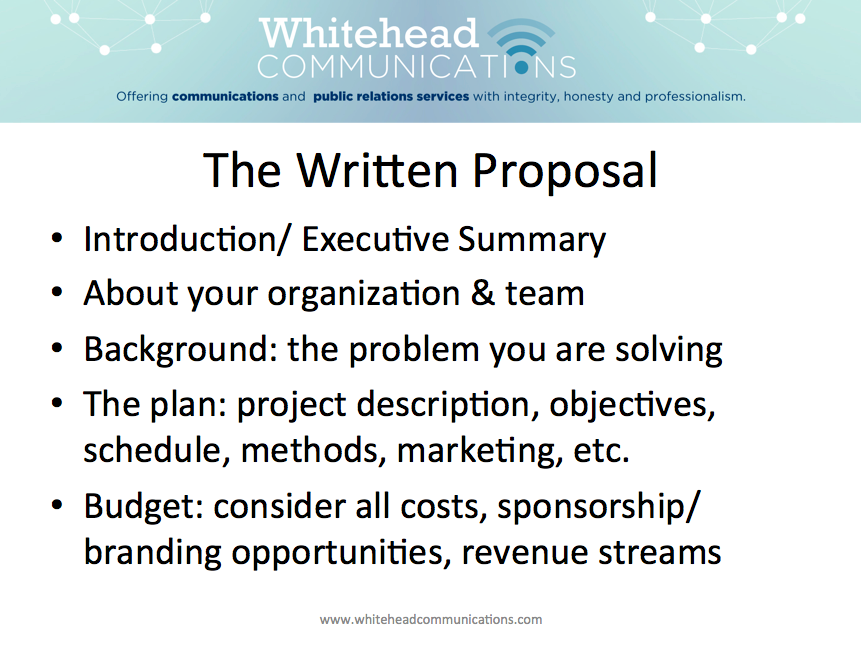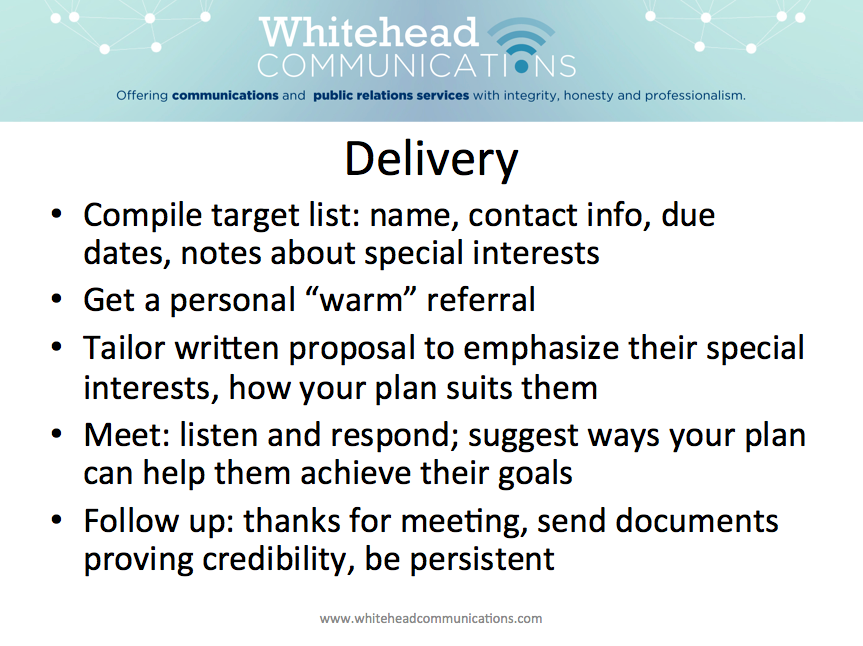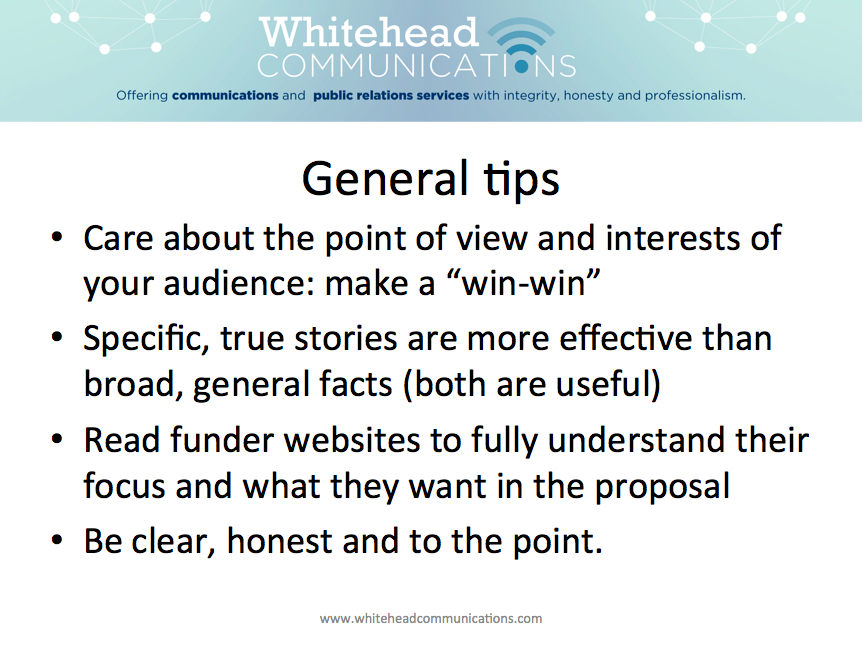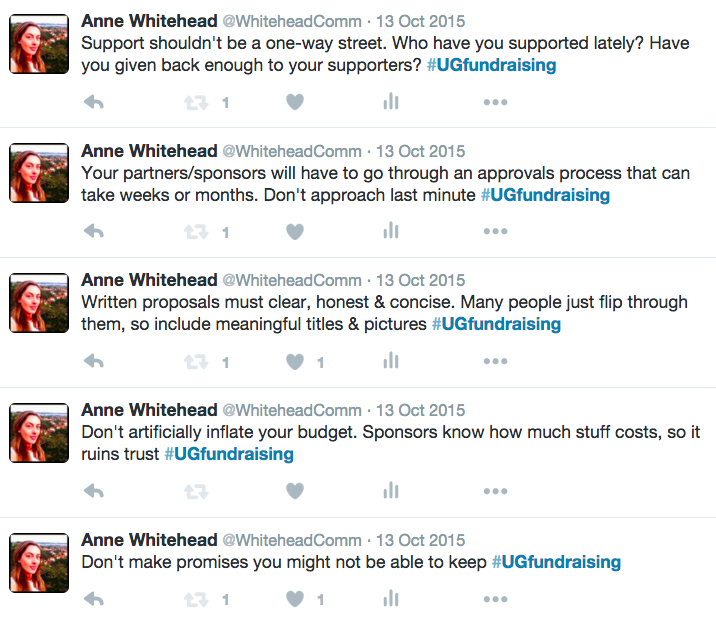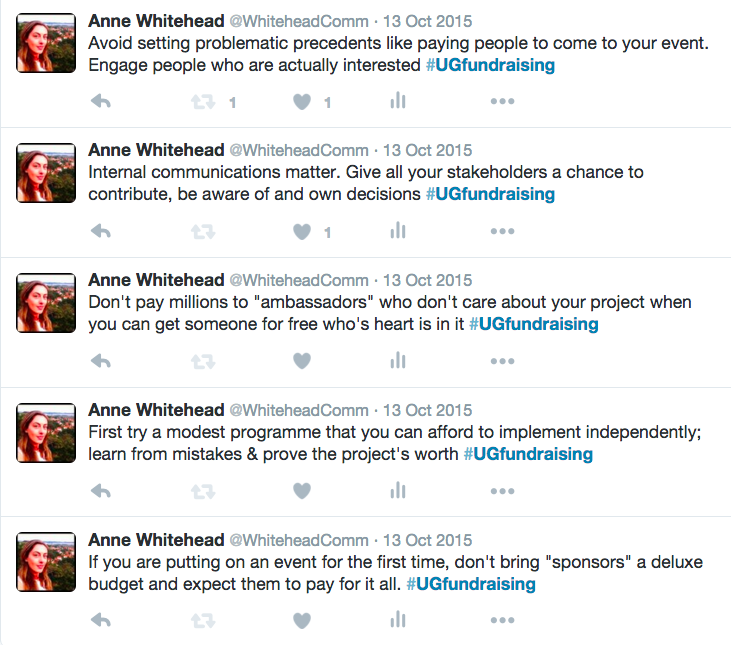A year ago at Hiphop For Society 2015, I gave a talk on fundraising. It was a basic 101 for the very mixed crowd: from Ugandan youth to artists to NGO workers and dreamers of all kinds (the theme that year was 'dreams'). I meant to upload the presentation to my blog, but then I got caught up with other things and a whole year happened. Today, as I prepare a talk for Hiphop For Society 2016 about collaborating with media to cover events, I thought I might as well share the slides from my last talk now, along with a series of tweets I put out on the same topic a few months ago using #UGfundraising.
I have been assisting with fundraisers and writing funding proposals for about a decade now, and here are a few things I've learned:
I have been assisting with fundraisers and writing funding proposals for about a decade now, and here are a few things I've learned:
I did a major research project for my Master's degree on cross-cultural proposals, and when I spoke with industry elite who were entering markets around the world, one of the main things they kept bring up was the importance of research! Understand your audience as much as you can before you approach them, and once you start engaging, keep asking questions, learning and adapting.
Also, before going to ask for money, get your records organized. I tend to spend a lot of time with new clients just reviewing what records they have kept, what they have written down and captured in photos and video, and putting that into a context and solid plan that can be clearly explained.
Also, before going to ask for money, get your records organized. I tend to spend a lot of time with new clients just reviewing what records they have kept, what they have written down and captured in photos and video, and putting that into a context and solid plan that can be clearly explained.
A lot of people come to me asking how to find funders. Some think that I have rich friends, and while chatting about our homeland over a cold Nile Special, I will convince my friends to pour thousands of dollars into my clients' projects. It almost never works that way.
I've found that it's worth looking far and wide for potential funders, but the best bet are the ones that already have an interest in the organization that needs support. It's amazing how often Ugandan NGOs meet someone who tells them "I'd love to support what you're doing," or "have you tried following up with X? They're into that too..." and then they never follow up. In my experience, the best chance of receiving funding is to start with leads you already have, but may have forgotten about, and follow up with them professionally.
I've found that it's worth looking far and wide for potential funders, but the best bet are the ones that already have an interest in the organization that needs support. It's amazing how often Ugandan NGOs meet someone who tells them "I'd love to support what you're doing," or "have you tried following up with X? They're into that too..." and then they never follow up. In my experience, the best chance of receiving funding is to start with leads you already have, but may have forgotten about, and follow up with them professionally.
Your average funding proposal will probably include all of the above. You might have to fill out funder-specific applications that are usually a variation on these elements. Basically, the written proposal is just a credibility check for funders to review the details of what you have so eloquently told them about your project. The key is for it to be clear and straightforward. Don't make the potential funder waste time on any needless verbage. Also, it helps to add pictures that show your solution in action!
Usually I write my clients a basic, template proposal, and then we modify it to suit each funder we are targeting. Sometimes a funder will take interest early and actually help you develop your proposal. This is a very good sign that the funding will actually come through, and it's an opportunity to learn and improve your fundraising approach.
So, that's what I shared at the #HH4S2015 event. It was only a 10-minute presentation, but hopefully you gained something from its reproduction here.
I also shared the following tips on Twitter:
I also shared the following tips on Twitter:
Finally, if you really want to find funding, be prepared to keep at it! Be tenacious!
I hope this was helpful! Good luck!

